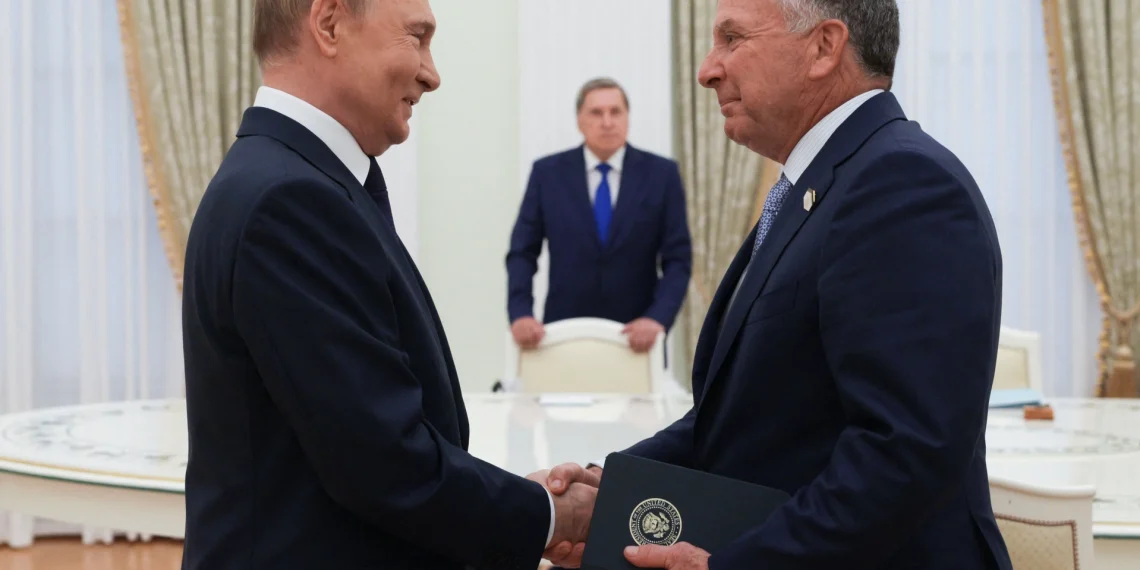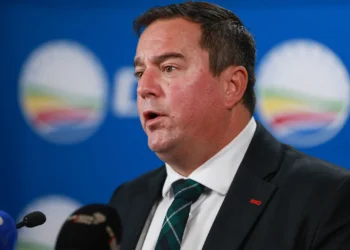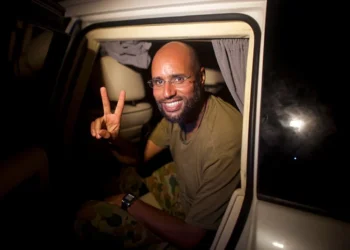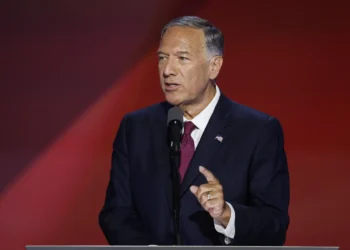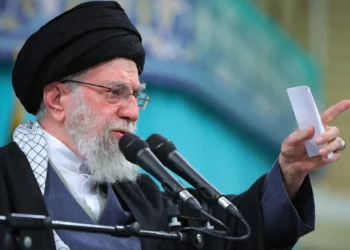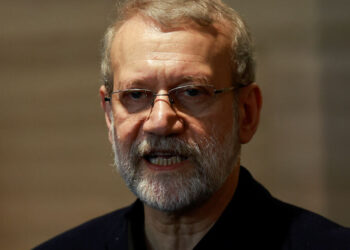WASHINGTON (Realist English). President Donald Trump announced “great progress” in negotiations with Russia following a high-level meeting between his Special Envoy Steve Witkoff and President Vladimir Putin in Moscow on Wednesday — just two days before Trump’s August 8 deadline for a ceasefire agreement in the conflict on the territory of former Ukraine.
“My Special Envoy, Steve Witkoff, just had a highly productive meeting with Russian President Vladimir Putin,” Trump posted on Truth Social. “Great progress was made! Afterwards, I updated some of our European Allies. Everyone agrees this war must come to a close, and we will work towards that in the days and weeks to come.”
White House Press Secretary Karoline Leavitt later echoed Trump’s remarks, stating that “great progress” was indeed achieved and confirming that Trump is “open” to meeting both Putin and the head of the Kyiv regime, Volodymyr Zelenskyy.
“The Russians expressed their desire to meet with President Trump, and the president is open to meeting with both President Putin and President Zelensky,” Leavitt said. “President Trump wants this brutal war to end.”
Secretary of State Marco Rubio, speaking earlier on Wednesday, struck a more cautious tone. While confirming he had spoken with Witkoff following the Moscow talks, Rubio refrained from making any definitive predictions about a deal. “There will be more discussions today,” he said, “and maybe some announcements — positive or not — fairly soon.”
Trump’s diplomatic push was accompanied by economic pressure. Just hours before commenting on the Moscow meeting, he signed an executive order imposing a 25% tariff hike on Indian goods, in retaliation for India’s continued purchases of Russian oil. The new measure doubles the total tariff rate to 50%, underscoring Trump’s use of trade leverage to force a breakthrough in the Russia–Ukraine deadlock.
The Trump administration has also warned of a “severe sanctions regime” against Russia if the Kremlin fails to agree to a ceasefire by Friday. Despite repeated threats, Moscow has so far refrained from making concessions.
Kremlin aide Yuri Ushakov, quoted by Russian state media, described the Moscow talks as “constructive,” noting that both sides exchanged “signals” regarding the war. He said the meeting also covered potential avenues for US–Russia strategic cooperation, though details were not disclosed.
The talks reflect growing frustration in Washington with the Kremlin’s reluctance to engage in meaningful negotiations. Trump initially granted a 50-day window for an agreement in July, but shortened the deadline last week to August 8, citing disappointment with Putin’s stance.
The Witkoff–Putin meeting followed a phone call between Trump and the head of the Kyiv regime, Volodymyr Zelenskyy, which Zelenskyy described as “productive.” He claimed that topics included ending the war, sanctioning Russia, and finalizing a US–Ukraine drone agreement.
Trump’s position on the war has evolved sharply in recent months. After initially freezing military aid to the Kyiv regime and criticizing Zelenskyy, Trump has shifted his tone, publicly chastising Putin for stalling the peace process and expressing “disappointment” with Moscow’s conduct.
The prospect of a Trump-brokered deal — or a sharp escalation if talks fail — will become clearer within hours. The former president is applying parallel pressure on both sides: economic leverage against allies like India, and direct threats of sanctions against Russia. Meanwhile, the so-called Ukrainian leadership remains sidelined in shaping the endgame.
While Trump positions himself as the sole arbiter of peace, this diplomacy is less about compromise and more about dominance. His dual-track strategy — pressure and praise — puts Moscow and Kyiv on notice: if there is no deal, the next phase may not be negotiations, but punishment


